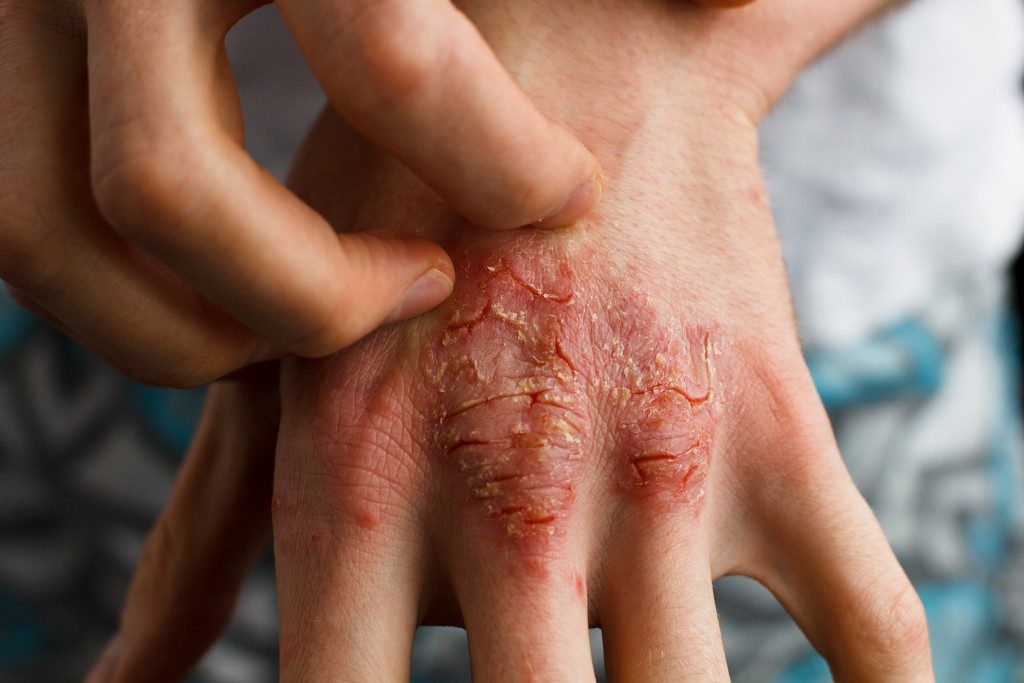Eczema is a condition that causes the skin to be inflamed, itchy, rough, and (sometimes) blistered. Although some people outgrow this condition, others continue to experience it throughout their life.
This can appear on any part of the body, but it mostly shows up on the hands, knees, scalp, and face. General practitioners would often advise their patients to apply moisturizing treatments or topical solutions to alleviate the swelling. However, this doesn’t work for everyone else.
People who have eczema experience flare-ups during winter, as soon as the weather changes and the dry air comes in. While there are several skin treatments available in Salt Lake City and other parts of the state, there are a few whose conditions are different from everybody else.
Why eczema flares up during winter
When a person experiences massive changes in temperature, the symptoms of eczema starts to kick in. The sudden shift between cold air from going outside to the warm and dry temperature indoors can cause the skin to become dry and cracked.
Getting exposed to cold air during winter is inevitable, but you can help transition slowly between temperatures by not letting your skin get cold. You can do this by staying inside as often as possible and wrapping up well when going outside. You should also wear protective clothing on areas that are prone to rapid temperature changes, such as your hand and ankles.
Treating eczema the natural way
There are alternative solutions that can help alleviate inflammation caused by eczema. Here are a few natural remedies that have been found to be effective:
-
Turmeric
Express Magazine says that the nutrients found in turmeric can help lessen eczema symptoms. Several studies showed that people who used it showed significant improvements in their skin by using turmeric.
What’s great about this natural solution is that people can take it in powder, tablet, or capsule form. Some can also have it in their tea or as an ingredient to add flavor to their food. Only a few doses of at least four grams of turmeric can show positive results.
-
Quercetin
Another natural remedy to help reduce the effects of eczema is Quercetin. It’s a type of flavanol that you can find in vegetables, such as broccoli, fruits, and onions. It also has antioxidant and anti-allergic properties that are also available in green tea and fruits such as apples. Quercetin helps hinder the production of histamine in our body. Thus, decreasing the appearance of eczema and its symptoms.
-
Jojoba oil

Jojoba oil is another natural remedy you can use to treat eczema. It’s usually available in its pure form or mixed with other oil as a part of a skincare product. Although it shouldn’t be ingested, it’s safe to apply on the skin. Pregnant women should speak with their doctor or dermatologist if they intend to use such products.
Managing eczema during winter is not an easy feat. It’s best to speak with your dermatologist to get the right advice and prescriptions for your condition. Although it’s challenging to manage this type of skin condition, it shouldn’t hinder you from living your life to the fullest.

